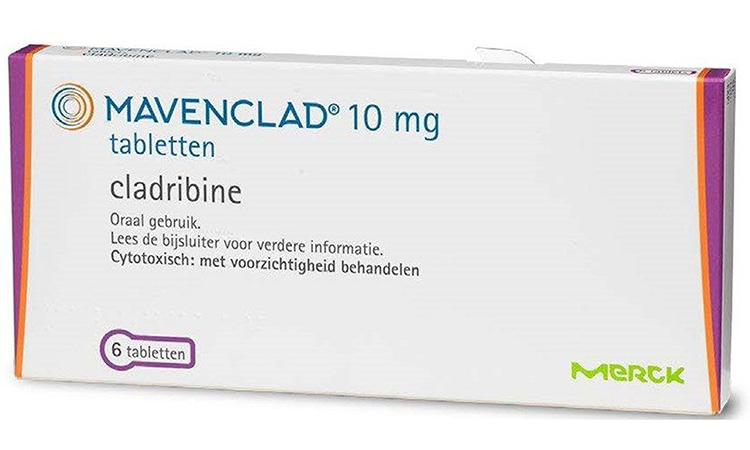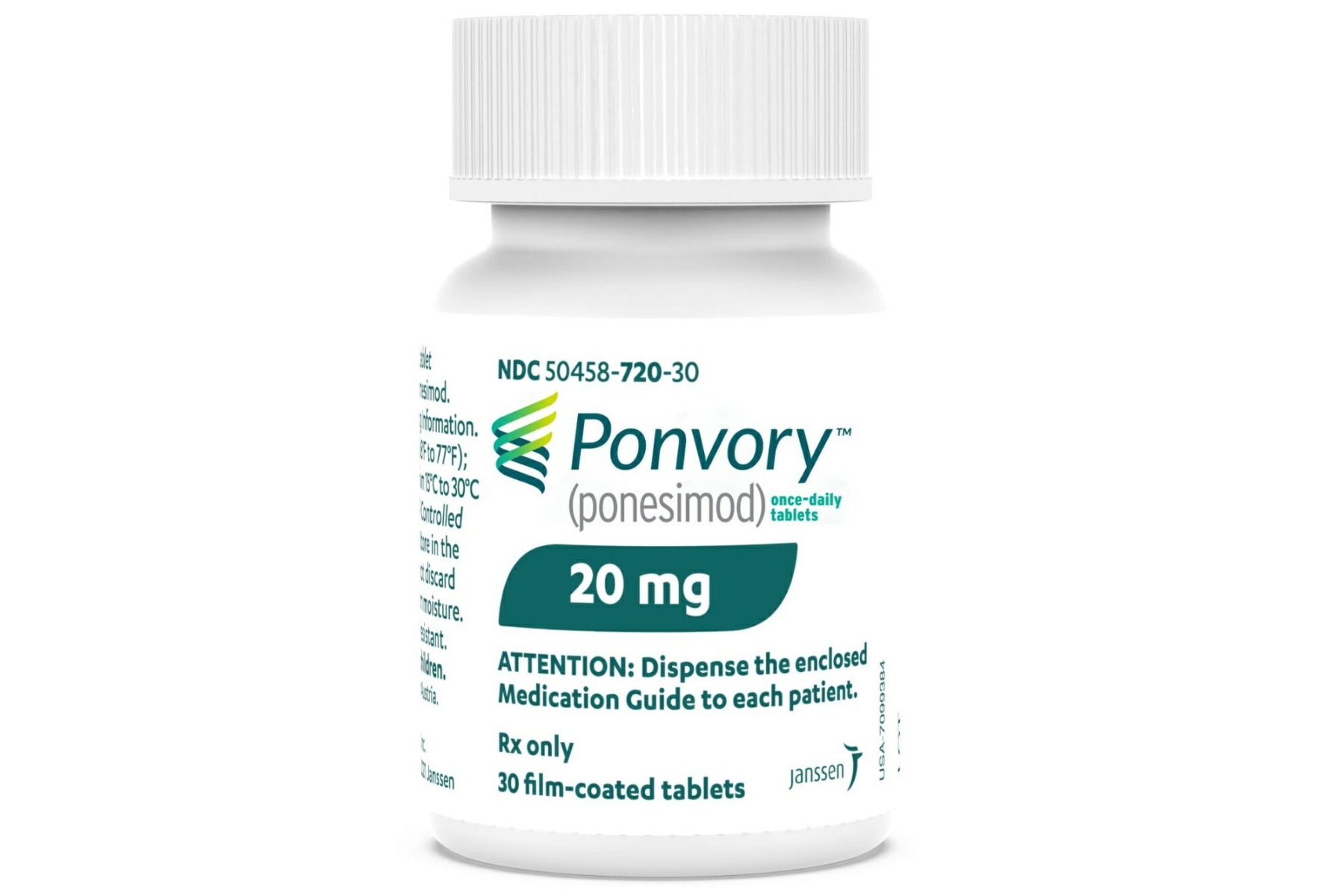Mavenclad (cladribine) vs Ponvory (ponesimod)
Mavenclad (cladribine) vs Ponvory (ponesimod)
Mavenclad (cladribine) and Ponvory (ponesimod) are both oral medications approved for the treatment of relapsing forms of multiple sclerosis (MS), but they work through different mechanisms of action. Mavenclad is a purine analog that selectively targets lymphocytes and leads to a temporary reduction in certain white blood cells, which is thought to reduce the immune attack on the nervous system. Ponvory, on the other hand, is a sphingosine-1-phosphate receptor modulator that traps lymphocytes in lymph nodes, preventing them from contributing to the autoimmune response in the central nervous system. When deciding between the two, patients should consider factors such as dosing schedule, Mavenclad is taken as a short course annually for two years, while Ponvory is taken daily, as well as the side effect profile and any pre-existing conditions that may affect drug suitability. It is essential to consult with a healthcare provider to evaluate individual health status, lifestyle, and treatment goals to determine the most appropriate medication.
Difference between Mavenclad and Ponvory
| Metric | Mavenclad (cladribine) | Ponvory (ponesimod) |
|---|---|---|
| Generic name | Cladribine | Ponesimod |
| Indications | Multiple sclerosis (specifically relapsing forms) | Multiple sclerosis (specifically relapsing forms) |
| Mechanism of action | Purine analog that disrupts DNA synthesis and repair, leading to cell death, particularly in lymphocytes | S1P receptor modulator that prevents lymphocytes from exiting lymph nodes, reducing their migration into the CNS |
| Brand names | Mavenclad | Ponvory |
| Administrative route | Oral | Oral |
| Side effects | Lymphopenia, infections, liver enzyme elevations, hematologic abnormalities | Upper respiratory tract infections, elevated liver enzymes, high blood pressure, and transient decreases in heart rate |
| Contraindications | HIV infection, active chronic infections, hypersensitivity to cladribine | CYP3A4 inhibitors, recent (within 14 days) live attenuated vaccine administration, hypersensitivity to ponesimod |
| Drug class | Antimetabolite | Sphingosine 1-phosphate receptor modulator |
| Manufacturer | Merck | Janssen Pharmaceuticals |
Efficacy
Mavenclad (Cladribine) Efficacy in Multiple Sclerosis
Mavenclad (cladribine) is an oral medication approved for the treatment of relapsing-remitting multiple sclerosis (RRMS) and active secondary progressive multiple sclerosis (SPMS) in adults. Clinical trials have demonstrated its efficacy in reducing the frequency of relapses and slowing down the progression of disability. In the CLARITY study, a pivotal phase III clinical trial, treatment with Mavenclad resulted in a significant reduction in annualized relapse rates (ARR) compared to placebo. Additionally, the trial showed a reduction in the number of lesions visible on MRI scans, indicating a decrease in disease activity.
Another important aspect of Mavenclad's efficacy is its dosing schedule, which involves a maximum of 20 days of treatment over two years. This short dosing regimen has been shown to have long-lasting effects on disease activity, with some patients experiencing prolonged periods of no evident disease activity (NEDA). The convenience of the dosing schedule, combined with its efficacy, makes Mavenclad a valuable treatment option for MS patients.
Ponvory (Ponesimod) Efficacy in Multiple Sclerosis
Ponvory (ponesimod) is an oral sphingosine-1-phosphate receptor modulator approved for the treatment of adults with relapsing forms of multiple sclerosis, including clinically isolated syndrome (CIS), relapsing-remitting disease (RRMS), and active secondary progressive disease (SPMS). In the phase III OPTIMUM study, ponesimod demonstrated superiority over teriflunomide, another oral MS therapy, in reducing the annualized relapse rate. Patients treated with Ponvory showed a 30.5% reduction in ARR compared to those receiving teriflunomide.
Beyond reducing relapse rates, Ponvory has also been found to be effective in slowing the progression of disability and reducing the number of new or enlarging MRI-detected lesions. The OPTIMUM study revealed that Ponvory led to a significant reduction in the number of combined unique active lesions (CUALs) on MRI scans. These results suggest that Ponvory can effectively control disease activity and may have a positive impact on the long-term outcomes for patients with MS.
Regulatory Agency Approvals
Mavenclad
-
European Medical Agency (EMA), European Union

-
Food and Drug Administration (FDA), USA

-
Health Canada

-
Therapeutic Goods Administration (TGA), Australia

-
Medsafe (NZ)

Ponvory
-
European Medical Agency (EMA), European Union

-
Food and Drug Administration (FDA), USA

Access Mavenclad or Ponvory today
If Mavenclad or Ponvory are not approved or available in your country (e.g. due to supply issues), you can access them via Everyone.org.
How it works

Make an enquiry
Choose the medicine you want to buy, answer a couple of questions, and upload your prescription to speed things up. We’ll get back to you within 24 hours.


Make an enquiry
Choose the medicine you want to buy, answer a couple of questions, and upload your prescription to speed things up. We’ll get back to you within 24 hours.


Breeze through the paperwork
We'll guide you through the required documents for importing unapproved medicine, ensuring you have all the necessary information.


Get a personalized quote
We’ll prepare a quote for you, including medicine costs and any shipping, administrative, or import fees that may apply.


Receive your medicine
Accept the quote and we’ll handle the rest - sourcing and safely delivering your medicine.

Some text on this page has been automatically generated. Speak to your physician before you start a new treatment or medication.
Let's talk
If you have any questions, call us or send us a message through WhatsApp or email:
Contact us




